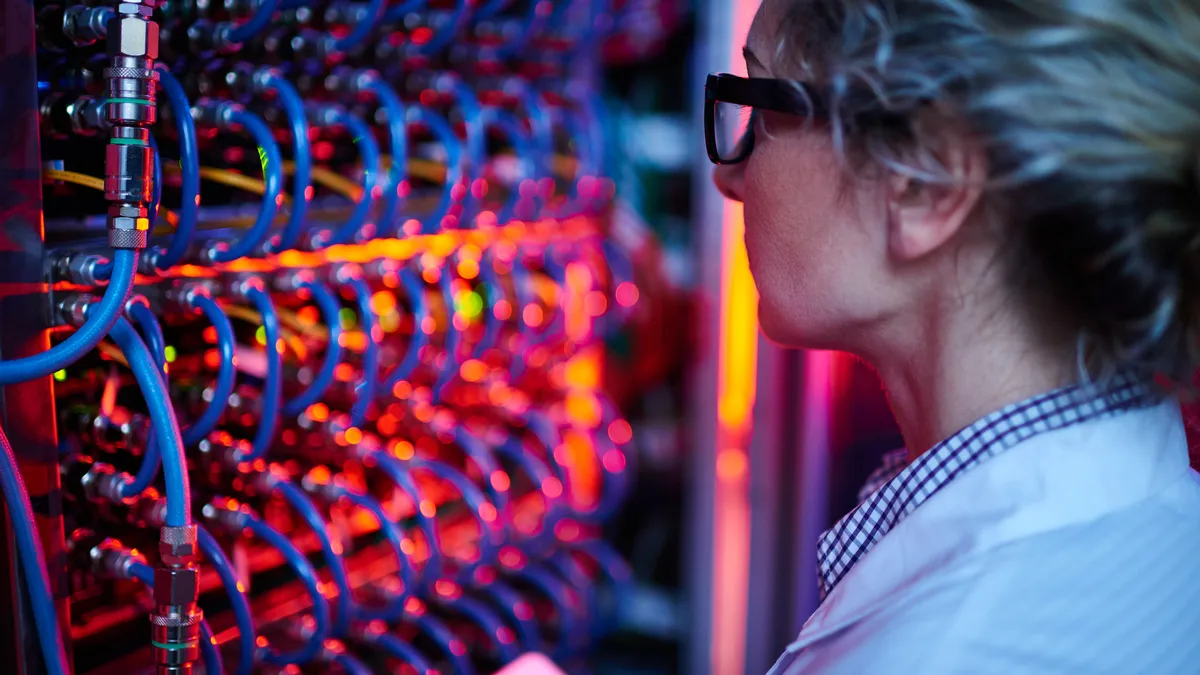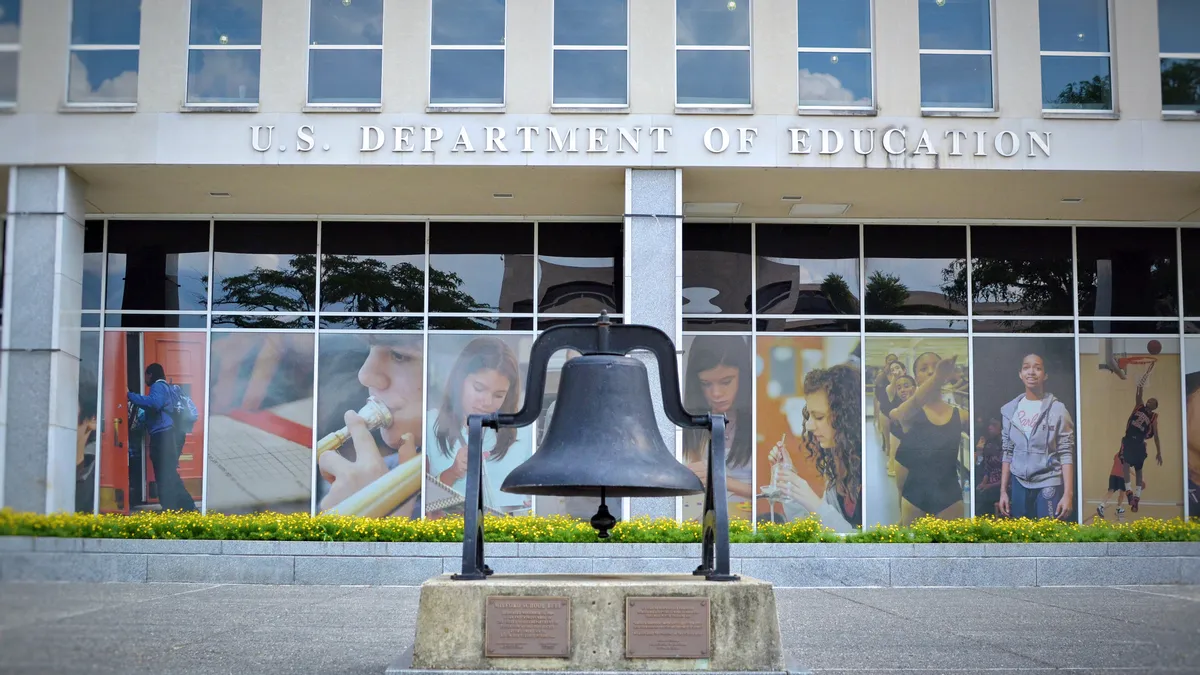Dive Brief:
- Though 73% of Americans believe the growth of artificial intelligence will lead to net job loss, only 23% believe their jobs will be at risk, according to a survey of 3,297 U.S. citizens by Gallup and Northeastern University. But while most Americans do not fear losing work, only 22% of survey respondents with a bachelor's degree said their education left them "well" or "very well prepared" to use AI as it becomes more widespread in their jobs.
- Americans are uncertain whether institutions can provide them with the skills needed to use AI. While 51% of employed U.S. adults believe they would need additional education to obtain a new job should they lose their current one to technology, only 18% are "extremely confident" they could obtain the necessary education. Of those surveyed, 49% said they would prefer training from an employer and only 37% said they would look to institutions for in-person or online education.
- In addition, 53% of respondents with bachelor's degrees or higher and 37% of those with less than a bachelor's degree said they are "confident" or "extremely confident" they could secure the necessary skills to find a new job. And, there was about an even split between those who said soft skills or hard skills are more critical for employability.
Dive Insight:
Survey results showing that U.S. adults place more confidence in employers than colleges in providing them with the skills and training needed to prepare them for an AI-driven workforce highlights the need for sector leaders to re-imagine the purpose of higher education, given the trajectory of the future labor market.
For the sake of securing future enrollees — looking to acquire the skills necessary to appear employable — and proving to policymakers their ability to provide graduates that can actually contribute to the economy, institution leaders ought to be thinking ahead to the types of job which may not exist yet. As Fielding Graduate University President, Katrina Rogers, explained when she stopped by the Education Dive office, leaders have to constantly consider the future in order to stay competitive and relevant:
"An additional question [presidents should] ask is about the nature of the human relationship to technology. It's not just with the conversations in automation or artificial intelligence," Rogers said. "It's more about asking what is it that humans can uniquely do, because there are a lot of things that can and will be done by machines."
"To me, what are the talents that only humans can tackle? ... How do we know in 2018 what the jobs are going to be in 2030?," she added. "Presidents have to be thinking all the time on what are the trend lines, where are we headed."
An example of an institution living by this type of analysis is Henry Ford College, which The Atlantic showcased because it teaches students how to “learn to learn," having students communicate and collaborate through different troubleshoot exercises involving technology, because “as more jobs become automated, companies are looking for employees who can essentially manage the machines doing the work.”







